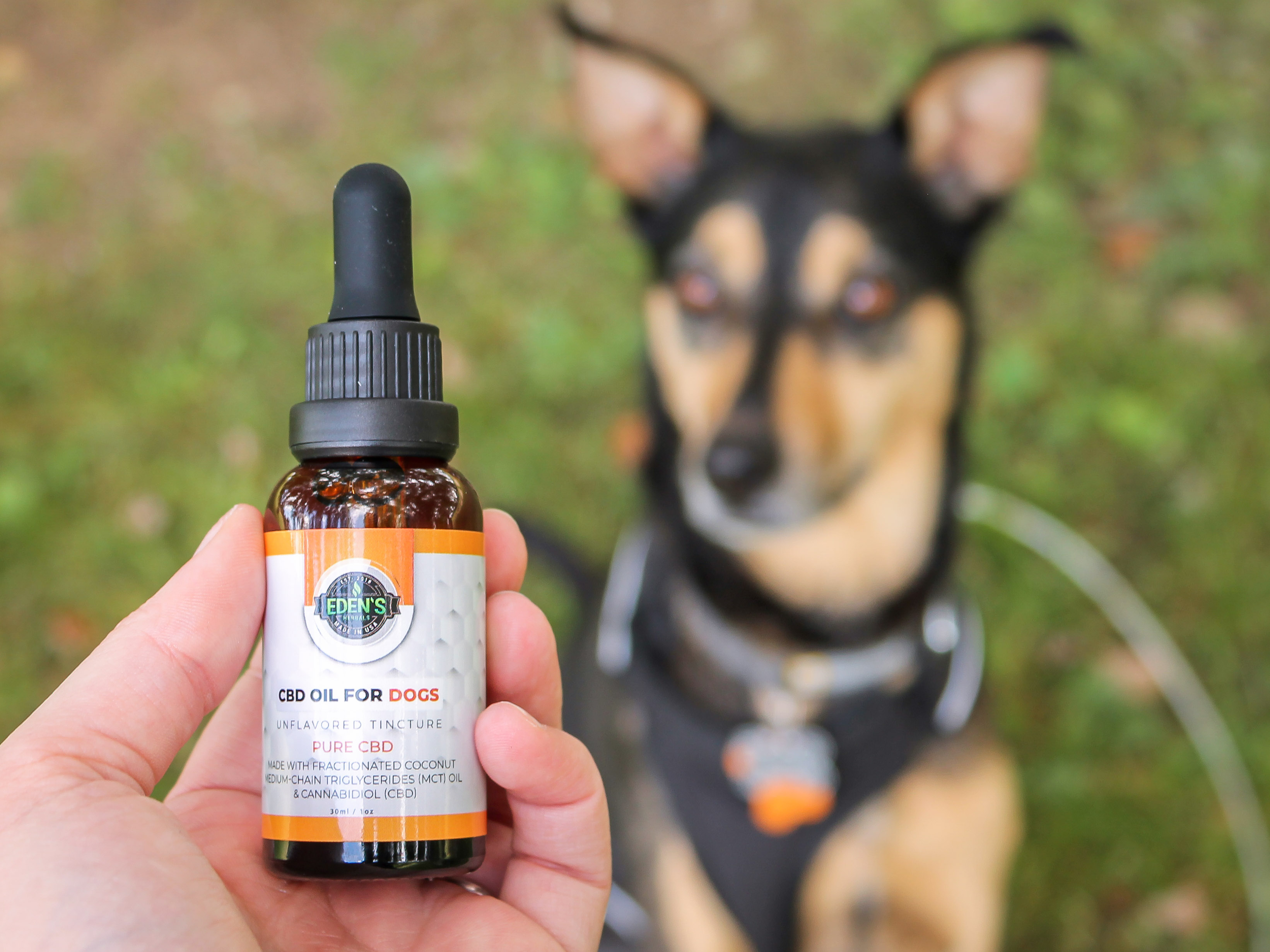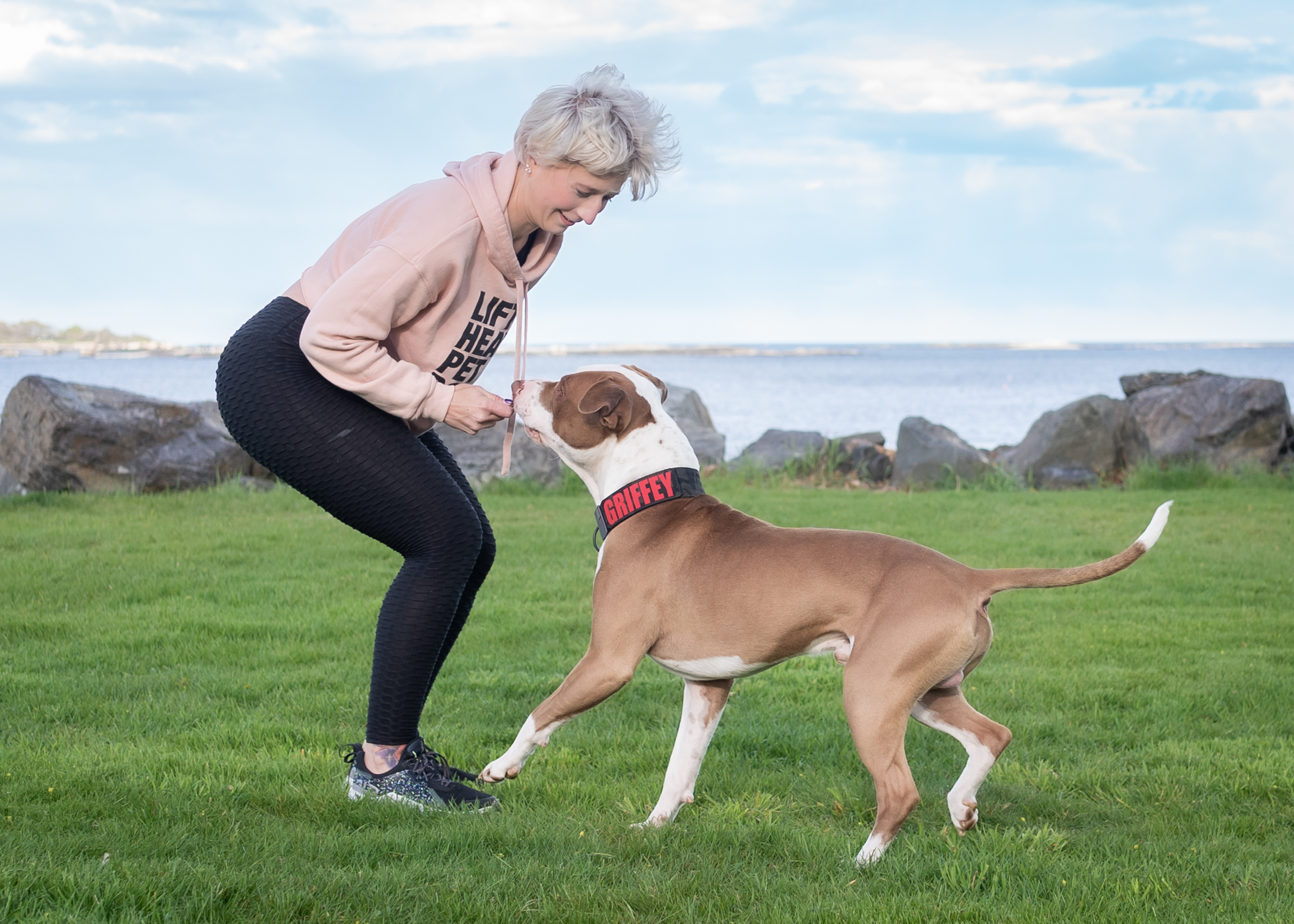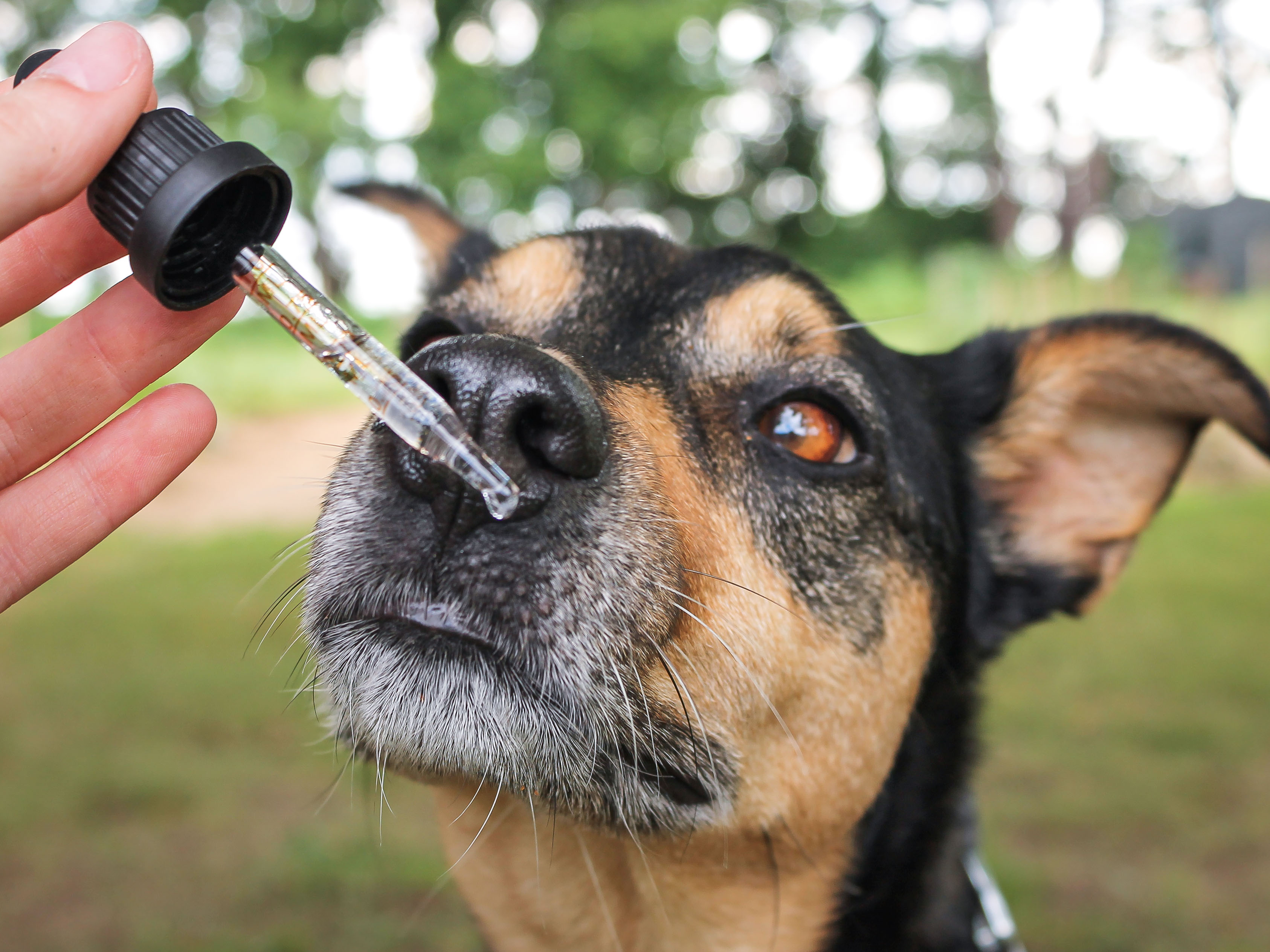 Help Your Dog Get Relief From Hip Dysplasia Using CBD
Help Your Dog Get Relief From Hip Dysplasia Using CBD
If your dog is suffering from hip dysplasia, you may be looking for ways to help him get relief. CBD has been shown to be effective in reducing pain and inflammation in dogs, making it a great option for treating this condition. In this article, we will discuss the benefits of CBD for dogs with hip dysplasia and how to dose your pet correctly.
Hip Dysplasia in Dogs: What It Is and How CBD Can Help
Hip dysplasia is a condition that can affect dogs of any age, breed, or size. It occurs when the hip joint does not develop properly, resulting in pain, lameness, and eventually arthritis. While there is no cure for hip dysplasia, there are treatments that can help improve your dog's quality of life. One such treatment is CBD oil.
CBD oil is a natural, non-toxic way to help relieve pain and inflammation associated with hip dysplasia. CBD works by interacting with the body's endocannabinoid system, which helps to regulate pain and inflammation. CBD oil is available in a variety of forms, including capsules, treats, and topical creams.
If you think your dog may be suffering from hip dysplasia, talk to your veterinarian about treatment options. CBD oil may help to improve your dog's quality of life and provide relief from pain and inflammation.
The Causes of Hip Dysplasia in Dogs
Hip dysplasia is a common problem in dogs that can lead to pain and lameness. There are many different causes of hip dysplasia, but the most common cause is genetics. Other causes include obesity, injuries, and infections.
Genetics is the most common cause of hip dysplasia in dogs. Some breeds are more prone to developing hip dysplasia than others. Some of the most common breeds include German Shepherds, Golden Retrievers, Labrador Retrievers, and Rottweilers. Hip dysplasia is also more common in large-breed dogs.
Obesity is another common cause of hip dysplasia in dogs. When a dog is overweight, there is extra pressure on the joints which can lead to the development of hip dysplasia. Injuries can also cause hip dysplasia. If a dog suffers a traumatic injury to the hip joint, it can damage the joint and lead to the development of hip dysplasia. Infections can also cause hip dysplasia. If a dog has an infection in the hip joint, it can damage the joint and lead to the development of hip dysplasia.
 The Symptoms of Hip Dysplasia in Dogs
The Symptoms of Hip Dysplasia in Dogs
The most common symptom of hip dysplasia in dogs is lameness or an abnormal gait. This can be intermittent at first, but usually progresses to a constant limp. Other symptoms may include:
-Pain when the hip is moved or extended
-Arthritis in the hip joint
-Muscle wasting in the hindquarters
-Difficulty rising from a sitting or lying position
-Reluctance to exercise or play
How CBD Reduces Pain and Inflammation in Dogs with Hip Dysplasia
CBD, or cannabidiol, is a compound found in cannabis plants. Unlike its better-known counterpart THC, CBD does not produce a high. However, it does have a number of potential therapeutic benefits, including reducing pain and inflammation.
Hip dysplasia is a common problem in dogs, especially large breeds. It occurs when the hip joint doesn't fit together properly, causing pain and inflammation. This can lead to arthritis and other problems over time.
CBD has been shown to be effective in reducing pain and inflammation in a number of studies. In one study, rats with arthritis were treated with CBD for 21 days. The rats receiving CBD had significantly less pain and inflammation than the control group.
Similarly, a study in humans found that CBD was effective in reducing pain and inflammation in people with arthritis. Participants in the study took either CBD or a placebo for three months. Those who took CBD had significantly less pain and inflammation than those who took the placebo.
There is also some evidence that CBD may be effective in treating hip dysplasia itself. A study in dogs found that those treated with CBD had significant improvements in their hip dysplasia symptoms compared to those who didn't receive CBD.
While more research is needed, the available evidence suggests that CBD may be an effective treatment for both pain and inflammation associated with hip dysplasia in dogs.
 The Correct Dosing of CBD for Dogs with Hip Dysplasia
The Correct Dosing of CBD for Dogs with Hip Dysplasia
CBD has been shown to be effective in reducing pain and inflammation in a variety of conditions, including hip dysplasia in dogs. The correct dosing of CBD for dogs with hip dysplasia will vary depending on the severity of the condition, as well as the weight and size of the dog.
A typical starting dose is 2-3mg per kilogram of body weight per day, given in two or three divided doses. This can be increased or decreased as needed based on the response. For more severe cases, a higher dose may be necessary, up to 5-10mg/kg/day. Using our formulated CBD dog treats is a great way of making sure your dosing is correct and your pooch actually eats it.
CBD is generally well tolerated in dogs, even at higher doses. The most common side effects are mild and include gastrointestinal upset, such as diarrhea or decreased appetite. More serious side effects are rare but can include liver toxicity, so it is important to monitor your dog closely if you choose to use CBD for hip dysplasia or any other condition. As always, consult with your veterinarian before starting any new treatment, especially if your dog is currently taking any medications.
Hip dysplasia is a debilitating condition that can cause a great deal of pain and suffering for dogs. It is important to be aware of the symptoms of this condition so that you can get your dog the help they need. CBD has been shown to be an effective treatment for hip dysplasia, reducing pain and inflammation. The correct dosing of CBD for dogs with hip dysplasia is important, and you should always speak to a veterinarian before starting your dog on any new medication.
We have two great ways to get our pure Eden's Herbals CBD into your pooch below.


